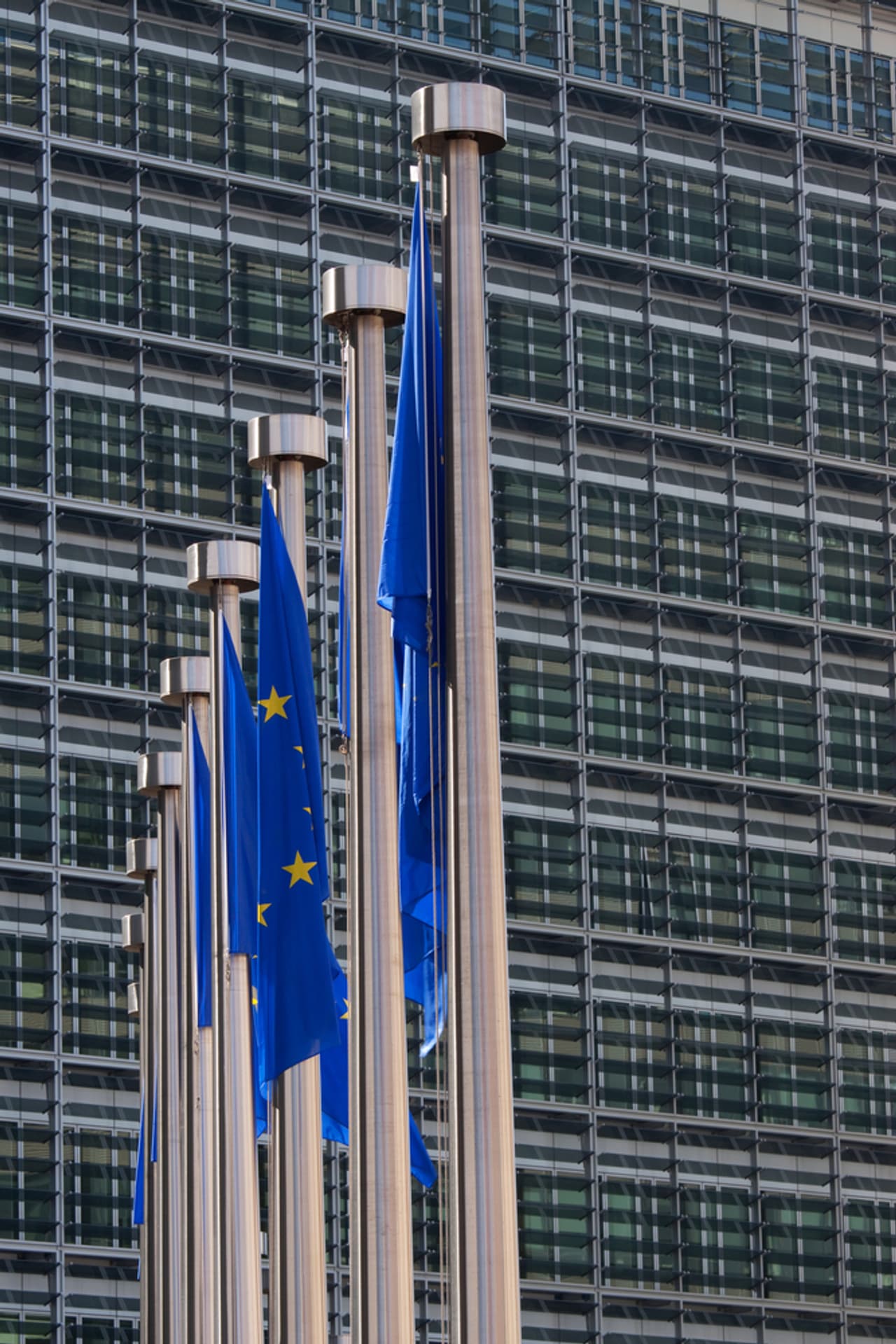
Just how corrupt is Europe?
A call to arms, Europe governments must do more to fight corruption
Transparency International has published its first Europe-wide check-up on the robustness and resilience of nation’s anti-corruption systems. This report is a test of systemic strengths and weaknesses, not a compendium of the region’s worst examples of corruption. It shows politics, business and the wealthy make a potent mix, one that is undermining public confidence.
For some time, TI asserts, many people in developed countries have assumed corruption only really exists in the poorer corners of the world. This has bred complacency and, as fighting corruption has not been a priority, ‘there is much to be done to get the European house in order.’
But concern is growing among Europeans, TI believes. The fear is this complacency has allowed corruption to fester. As the recession and economic depression enters its fifth year, patience with politicians is wearing thin. This report is ‘a call to action’ for European governments to wake up to the realities.
TI has unsurprisingly found ‘huge variation’ across the continent. And its findings somewhat conform to stereotype.
Central and eastern European countries, and Portugal, Italy, Spain and Greece are sources of concern while the Scandinavians are leading in integrity.
Despite a ‘flurry of legislation’ since joining the EU, in Bulgaria and Romania scandals and impunity persist. In the southern European countries the report tells of ‘serious deficits in public sector accountability and deep-rooted problems of inefficiency, malpractice and corruption.’
But besides these general sources of concern, no-one comes out of this report as clean as a whistle.
Europe’s key strengths are in its laws preventing corruption, established oversight of public expenditure and the continents electoral processes. But its weaknesses lie in its politicians and the private sector.
Wherever the two shall meet
Political parties and businesses ‘exhibit the highest risks of corruption across Europe.’ TI’s report identifies two areas in particular of considerable concern. Two points where business and politicians meet: party funding and lobbying.
Out of the 25 European countries assessed only two do not have any binding regulations on political donations – Sweden and Switzerland. This ‘is a significant area of risk’ and while these two are the focus of TI’s criticism, the UK is not forgotten. The report identifies the lack of any upper limit on political contributions in Britain as contributing to the ‘on-going erosion of public confidence in the political process.’
Big money and big business in party funding are also ripe for abuse. The case of Conservative party former co-treasurer Peter Crudas is a prime example. He was secretly filmed claiming he could sell dinner with David Cameron and possibly the chance to influence policy for £250,000. The Bureau has uncovered the weight of donations to the Tory party coming from the hedge funds and financiers of the City. The taint that millionaires and the financial services industry have bought influence at the top of the party has dogged the Conservatives.
Europe’s political parties must work harder to ensure their funding is transparent. But this report declares that across Europe parliaments and governments must bring transparency to lobbying. Only six of the 25 countries assessed have any kind of regulation at all. Only two of them have lobbying laws, Poland and Lithuania, both of which have come in for criticism. Poland’s law is too vague, only requiring ‘professional lobbyists’ sign a register. Lithuania’s lobbying law is described by TI as ‘completely deficient’.
In a series of extensive investigations the Bureau has exposed sharp practice by British lobbying firms and uncovered claims by senior executives at leading firm Bell Pottinger that it could give its clients access to the heart of the British government. The UK is now considering some form of statutory register of lobbyists and their connections with politicians but campaigners and lobbyists have criticised proposals as inadequate.
The perception that cash buys you access at the expense of Europe’s electorate is pernicious. It is compounded when legislation designed to bring greater transparency to politics are threatened. In a report that touches briefly on specifics and discusses risk a great deal what is stark is that European governments all run the risk of being accused of corruption and malpractice. At a time when Europe is smoldering with discontent and distrust, without transparency in their dealings the wealthy mixing with politicians is pouring oil on the flames.
You can read the report here.
Sign up for email alerts from the Bureau here.




